Handmade Crafts
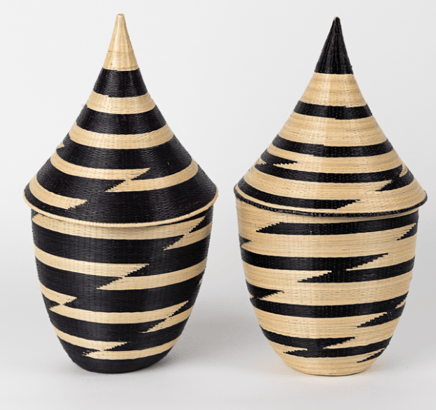

Handmade crafts in Rwanda are a significant part of the country's culture and heritage, reflecting the skills and traditions passed down through generations. Rwanda is known for its rich craftsmanship in various materials, and handmade crafts play an important role in both the local economy and cultural identity. Here are some key areas of Rwandan handmade crafts:
1. Basket Weaving (Agaseke)
One of the most iconic Rwandan crafts is the traditional basket weaving, particularly the Agaseke basket. These baskets are woven from sisal fibers or other local materials like papyrus and are often adorned with intricate patterns and designs.
The Agaseke basket is not only used for practical purposes but also holds symbolic significance. Historically, these baskets have been used for storing valuables, and they are often given as gifts during weddings and other special occasions.
2. Beadwork
Beadwork is another important craft in Rwanda, with beautiful jewelry, necklaces, and earrings made from local beads. These beads can be crafted from glass, clay, or even seeds. Beadwork is often used for adornment and ceremonial purposes, as well as for making accessories for everyday wear.
Many Rwandan women are involved in beadwork, and these crafts are frequently sold at local markets or through artisan cooperatives, contributing to the livelihood of many families.
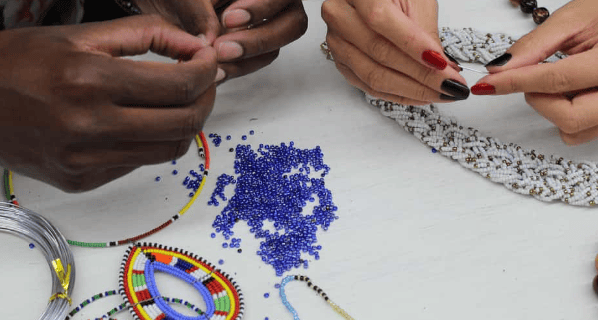

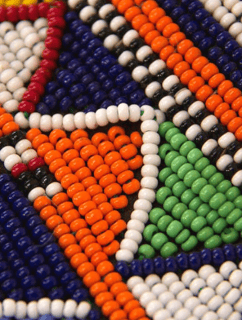

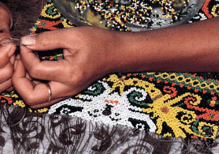

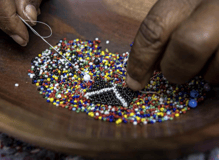

3. Wood Carving
Rwanda has a long tradition of wood carving, where artisans create intricately carved sculptures, masks, and figurines. These carvings often depict animals, human figures, or abstract representations, showcasing the skill of the artisan.
Woodcarving is particularly popular in areas like Nyundo and the surrounding regions. Craftspeople use local woods like eucalyptus, and their carvings often have spiritual or symbolic meanings, tied to Rwandan beliefs and culture.








4. Textiles and Traditional Clothing
Rwanda has a rich tradition of textile arts, with people weaving and creating cloth for clothing, household items, and ceremonial purposes. One of the most famous textiles in Rwanda is the Kitenge, a vibrant and colorful fabric often used for making dresses, shirts, skirts, and wraps.
Traditional clothing, such as the Umushanana, is worn during cultural events and ceremonies, and it is typically made from brightly colored fabric and adorned with intricate designs.
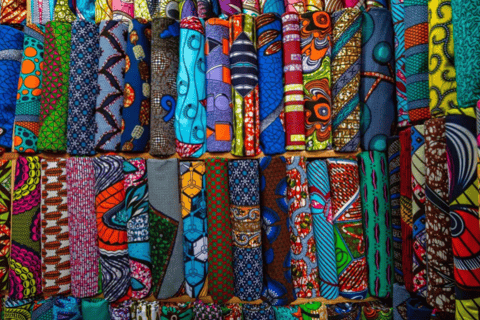

Kitenge- A vibrant and Colorful Fabrics




5. Pottery
Pottery is another traditional craft in Rwanda, especially in the western and northern parts of the country. Local potters make clay vessels, bowls, and pots that are used for cooking, storage, and decoration.
These items are often handmade using traditional techniques, and the pottery is both functional and beautiful. Some items feature decorative elements like geometric patterns or animal motifs.


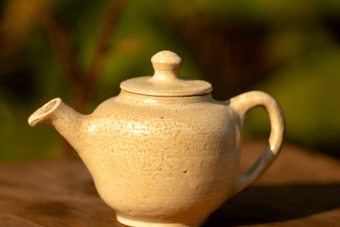

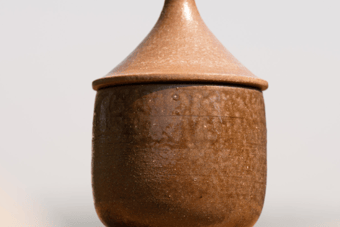

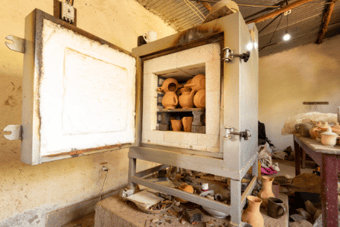

Handwoven Mats and Rugs
Rwandans also weave mats and rugs from materials like sisal and grasses. These mats are often used for sitting, sleeping, or as decorations. The weaving techniques passed down through generations are detailed and intricate, producing unique designs that reflect Rwandan culture.


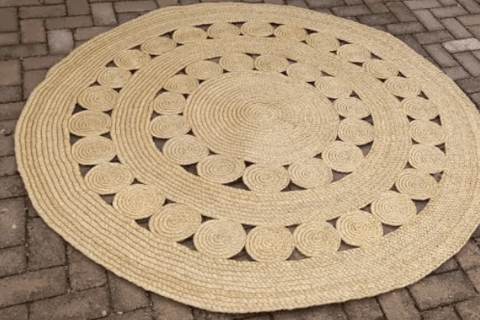

Cultural Significance
Many of these crafts hold significant cultural value, representing various aspects of Rwandan history and identity. Crafts often have spiritual or ceremonial meanings, with certain items being used during important events such as weddings, births, and initiations.
Handmade crafts also serve as a means of storytelling, with designs representing myths, proverbs, or social statuses.
Rwandan Culture and Traditions
Artisanal Crafts
Weaving and basket making is a traditional art still used today to make dry containers for storing food and medicines. These are also known as peace pots and had traditional values such as to commemorate weddings or as a welcome gift.
Pottery is one of the oldest forms of art in Rwanda and can still be seen in many towns today using traditional Batwa techniques. Known for its good quality clay these potteries are still widely used for cooking and storing liquids.
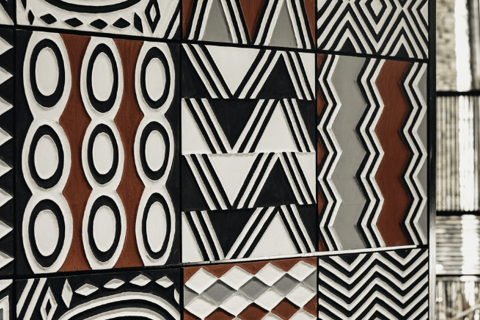

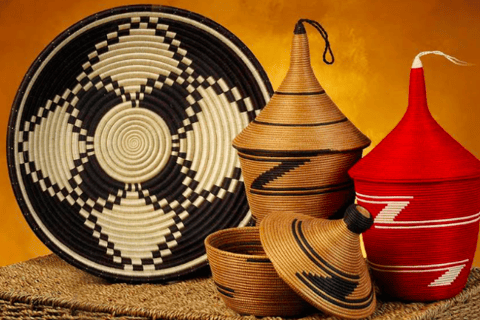

Tourism and Export Opportunities
Rwandan crafts are popular among tourists who visit the country, particularly those interested in the country's culture and heritage. There are many shops and markets in major cities like Kigali where handmade crafts are sold.
Additionally, the Rwandan government and various NGOs have worked to promote the export of handmade crafts, helping artisans reach international markets and gain recognition for their work.


Crafted
Experience authentic East African handmade products online.
Shop
Culture
info@eastafricasafaritours.com
+1 435 667 4107
© 2025. Cultural Treasures Africa. All rights reserved.
Created, Coded, and Designed by: RRR
Main Office
788 N 2150 W Circle, Cedar City, UT 84721, USA
Contact No.: +1 435 667 4107
Satellite Office
Telephone No.: +250 783 337 094
Mobile No.: +250 788 969 263
Health and Med
